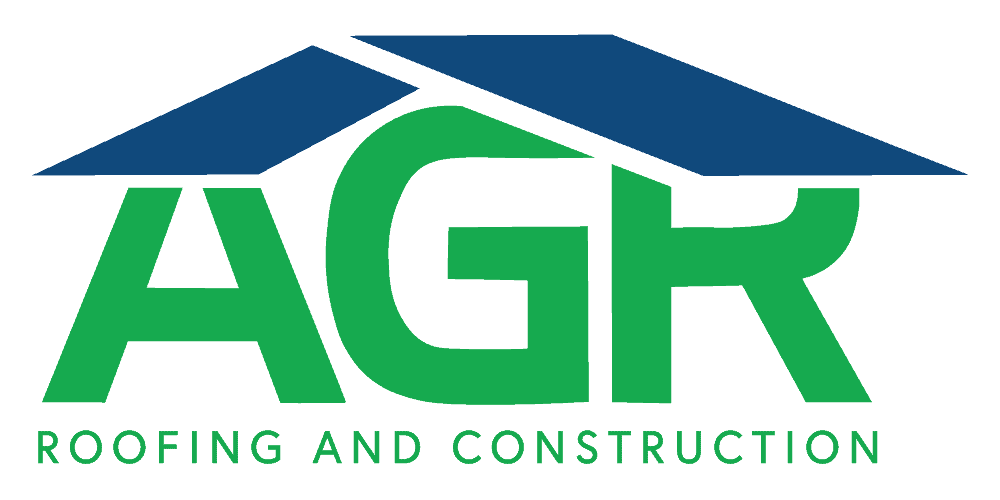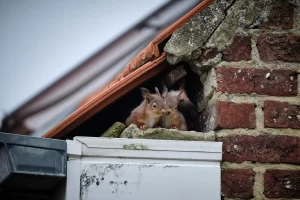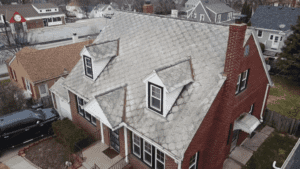After a major storm, there’s an influx of workers looking for construction jobs. Many of these workers are from out of state.
Storm chasers often go door-to-door or set up booths in public areas to get work. The majority of these workers are not only unlicensed and uninsured, but they might also be doing shoddy work.
That said, homeowners must be aware of storm chasers and avoid them at all costs. Learn who storm chasers are and how to keep them off your roof!
What Are Storm Chasers?
Storm chasers are workers who travel to different states after a major storm to offer their construction services. They often go door-to-door or set up booths in public areas trying to get work.
The majority of these workers are not licensed, insured, or qualified. In some cases, they may even be working under a local company’s license without their permission.
Storm chasers hire the best salespeople in town. They’ll use aggressive marketing strategies and even scare you into hiring them.
The storm chasers will offer to repair your roof at little cost. They can even encourage you to use your home insurance policy and pay your deductible. Some will promise to offer cashback.
Once the storm chasers get the roofing contract, they’ll leave workers behind to work on your roof and move to the next storm-hit area. The workers left to restore your roof will, in most cases, do shoddy work and leave.
That’s when the company you hired will stop picking up your calls. They might even block you. Don’t let their sweet-talking fool you; storm chasers are working for themselves more than they’re trying to help homeowners.

Tips to Protect Yourself from Storm Chasers
Now that you know who storm chasers are and with the government trying to crack down on them, here are some tips homeowners can follow when trying to avoid these workers.
Don’t be afraid to ask for credentials
Storm chasers will try and convince you that they’re trustworthy workers. But there’s always a possibility of them trying to scam homeowners.
If their website or personal profile doesn’t provide information about who they are or where the company is located, consider this a red flag.
Make sure workers are licensed and insured
Unlicensed, uninsured contractors can cause severe problems if they tamper with your roofing project.
Be sure to do some thorough research on the contractor you’re planning to hire and request proof of licensing and insurance.
Verify that they hold the right credentials first by looking up their licenses through your state’s contractor licensing board or home improvement commission website. If any complaints or lawsuits are filed against them, they’ll be listed on these sites.
Avoid paying in full before the job is done
It’s not a good idea to pay for the entire project upfront. Storm chasers often take advantage of desperate homeowners who are just trying to get their lives back to normal after a storm.
Pay in installments and hold back a portion of your payment to ensure that the workers will stay behind until the project is complete.
It would be best to steer clear of companies that ask for a sizeable down payment.
Don’t give out too much information about yourself
When storm chasers come knocking on your door, don’t be afraid to ask for identification. Don’t let them in if they’re unwilling to provide it or are trying to avoid answering with a valid explanation.
Be careful about what information you give out over the phone or online. Don’t provide your Social Security number or credit card information until you’ve verified who they are and that they’re a legitimate company.
Keep an eye on the work being done
Even if you’ve hired licensed, insured workers, it’s important to keep an eye on the work the workers are doing on your roof. You know what you want and can tell when something is off.
Don’t be afraid to ask questions and inspect the work as it progresses. If something doesn’t seem right, don’t hesitate to speak up.
If you’re ever in doubt about a worker or company, don’t be afraid to contact your local police department for help.
Do not be pressured into signing anything
One of the most common tricks that storm chasers use is to get you to sign a contract before you have time to read it or think about it.
They’ll do this by making you feel rushed or scared. Don’t let the chasers bully you into signing anything, and take your time reading through any paperwork.
If something seems too good to be true, it probably is. Storm chasers often make unrealistic promises about the work they’ll do and how much it will cost.
If a company promises to pay your deductible for you or offers cashback after the roofing project is complete, chances are they’re trying to scam you. Don’t fall prey and work with companies that don’t take advantage of homeowners hit by storms.
Go local
Hiring someone local will be your best bet if you’re looking for a roofing contractor. Local contractors are more likely to have the right licensing and insurance that you need and strong ties with inspectors and other experts in the area.
These connections can also help if anything goes wrong during or after the project is completed.
But even if you’re hiring locally, be sure to ask for paperwork and do some research to ensure you’re making the right decision.
Contact your insurance company
Contact your insurance company if you’re still unsure who to trust. They might have a list of approved contractors that they work with. This is an excellent way to ensure that you’re working with a legitimate company.

At a Glance: Avoiding Storm Chasers
The aftermath of a storm can be hectic. Along with trying to get your life back in order, you’ll also be facing the daunting task of getting your roof fixed.
Storm chasers aren’t only dangerous to work with. But they might even try and defraud you by cutting corners or taking your money without doing any real work for it.
To protect yourself from storm chasers, follow the above tips and be vigilant about who you’re working with. If something doesn’t seem right, don’t hesitate to speak up or contact your local authorities.





